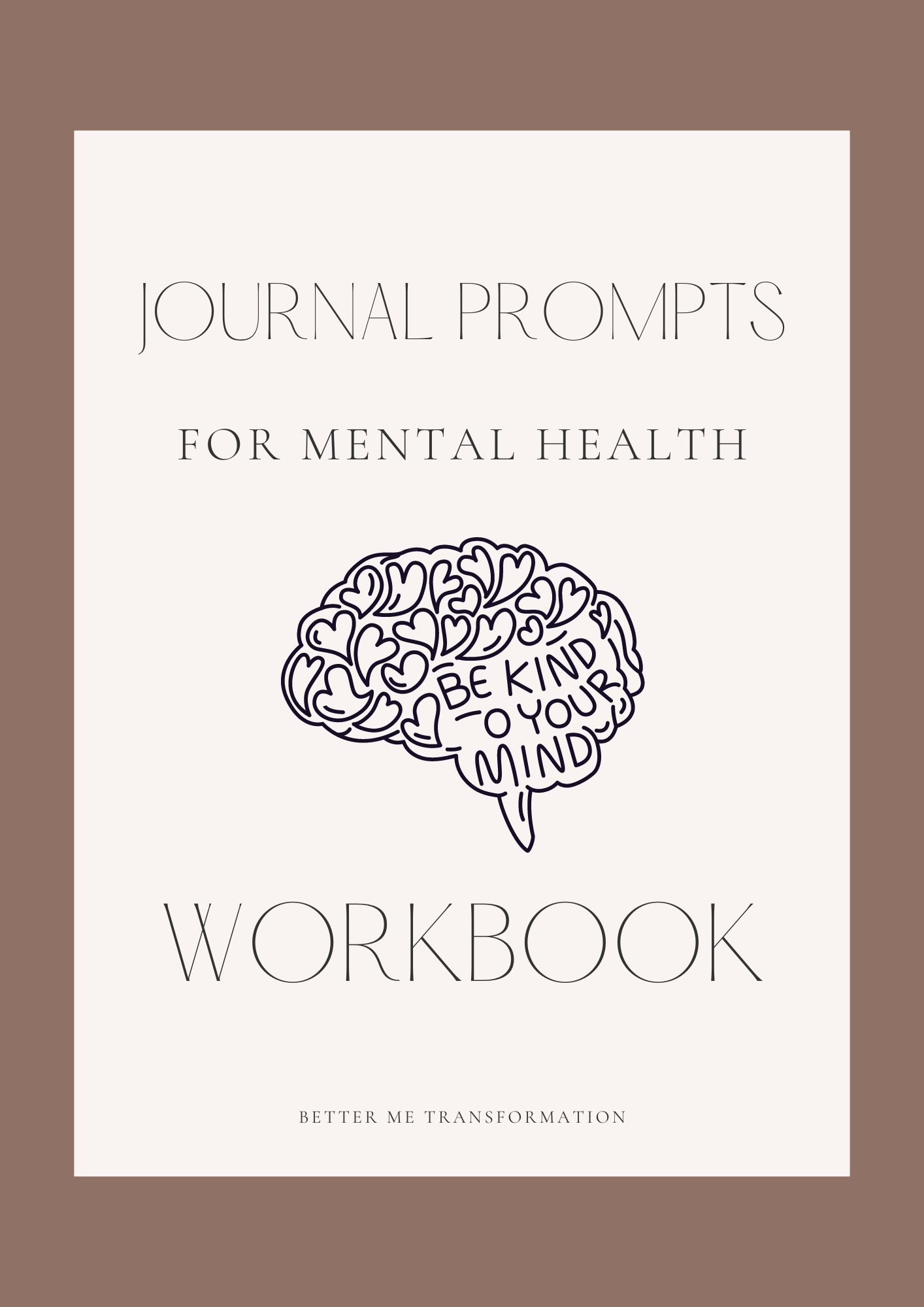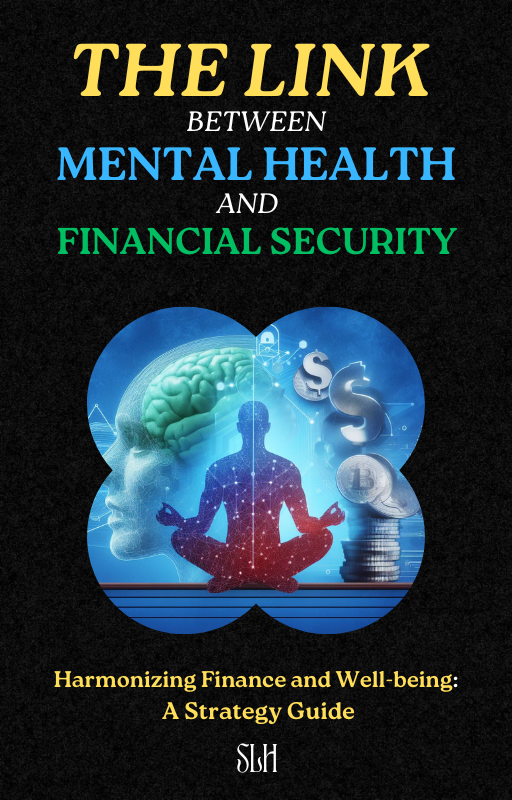- Home
- Mental Health
- Is Ptsd a Mental Illness
Is ptsd a mental illness?
Unraveling the Complexity
Welcome to our comprehensive exploration of PTSD, a condition known as Post-Traumatic Stress Disorder. Is PTSD a mental illness? In this in-depth guide, we'll break down what PTSD is, what it isn't, how to recognize it, the spectrum of trauma, and provide valuable insights on finding relief and healing.
Let's delve into what PTSD truly entails, debunking myths, offering insights on recognition, and providing valuable guidance for finding relief and embarking on a MENTAL HEALTH STRATEGIES healing journey.
is ptsd a mental illness
1. What is PTSD? Post-Traumatic Stress Disorder, commonly referred to as PTSD, is not a mental illness itself but rather a specific type of stress disorder. It can impact individuals who have experienced or witnessed traumatic events, leading to distressing symptoms such as intrusive memories, heightened anxiety, and difficulties in coping with daily life.
2. What It Isn't. It's crucial to dispel misconceptions about PTSD. It is not a sign of weakness or something to be ashamed of. Instead, it's a natural response to severe stress and trauma. Understanding this distinction is vital in reducing the stigma associated with PTSD.
Recognizing the Signs
Is PTSD a mental illness? Wondering if you might be experiencing PTSD? Recognizing the signs is the first step in seeking help:
- Flashbacks: Vivid and distressing memories of the traumatic event.
- Nightmares: Recurrent and upsetting dreams related to the trauma.
- Hyperarousal: Intense fear, anxiety, or startle responses.
- Avoidance: Efforts to avoid reminders of the traumatic event.
If you find yourself overwhelmed by these symptoms, it's essential to reach out for support from mental health professionals.
Trauma comes in various forms and magnitudes, ranging from extreme events like combat, assault, or natural disasters to more commonplace experiences like car accidents or bullying. It's extremely important to acknowledge that each person's experience of trauma is valid, regardless of the scale of the event.
seeking support
Validating Your Feelings, Providing Relief and Seeking Support:
Trauma's impact varies from person to person. What may be profoundly distressing for one individual might not have the same effect on another. Understanding and validating your feelings, irrespective of the trauma's perceived severity, is crucial in the healing process.
If you're grappling with PTSD, relief is available. Here are some avenues to explore:
- Counseling: Professional therapists can provide guidance and support tailored to your needs.
- Support Groups: Connecting with others who have experienced similar traumas can be a source of understanding and encouragement.
- Therapeutic Techniques: Techniques like Eye Movement Desensitization and Reprocessing (EMDR) or Cognitive-Behavioral Therapy (CBT) can offer significant relief.
tools for coping
Regaining Control and Advice for Healing: Tools for Coping with PTSD
Discovering effective tools for coping with PTSD is a pivotal aspect of the healing journey. Building a coping toolkit tailored to your needs can significantly contribute to managing symptoms and fostering resilience. Consider incorporating the following strategies:
Mindfulness Practices: Engaging in mindfulness practices, such as grounding exercises and meditation, can anchor you in the present moment. These techniques help shift focus from distressing thoughts to the current environment.
Breathing Exercises: Controlled breathing techniques are powerful tools for managing anxiety and stress associated with PTSD. Practicing intentional and rhythmic breathing can bring a sense of calmness and control.
Grounding Techniques: Reconnecting with the present moment through grounding techniques is beneficial. Engage your senses by focusing on textures, scents, or sounds around you. This helps shift attention away from intrusive memories.
Healing from PTSD is a gradual process, and it's essential to be patient with yourself. Navigating the complexities of trauma recovery requires self-compassion and understanding. Seeking professional help is a pivotal step in the healing journey. Here's some additional advice:
Be Patient: Acknowledge that healing takes time, and progress may occur at varying rates. Allow yourself the space and time needed to navigate the recovery journey.
Seek Professional Help: Trained therapists and mental health professionals specialize in trauma-informed care. Their expertise can provide tailored support, helping you navigate the challenges of PTSD and fostering sustainable healing.
By incorporating these coping tools and embracing professional guidance, you empower yourself on the path to healing. Remember, your journey is unique, and each step forward is a testament to your strength and resilience.
the first steps towards healing
You're Not Alone: Taking the First Step Towards Healing
People find healing in diverse ways, and there's no one-size-fits-all approach:
Creative Outlets as Therapy: Engaging in creative outlets, such as art or writing, offers a unique form of therapy. Expressing emotions through creativity can be a powerful way to process trauma and promote healing.
Nature Connection for Healing: Nature has a profound impact on mental well-being. Spending time in natural environments has therapeutic benefits, reducing stress and promoting emotional resilience.
Personalized Coping Strategies: Recognizing that coping strategies vary; personalized approaches are crucial. What works for one person may not for another, emphasizing the importance of tailored solutions. Some find YouTube Affirmations to be helpful.
Building a Support System: Creating a strong support system is essential for those dealing with PTSD. Friends, family, and professional networks contribute to a nurturing environment for recovery.
Healing from PTSD: Recovery is a journey that often involves a combination of therapy, self-care, and social support. Understanding the potential paths to healing is empowering for individuals on their recovery journey.
Unraveling the complexities of PTSD: Involves understanding its nature, recognizing its manifestations, and embracing personalized strategies for healing. Seeking support, whether through therapy, creative outlets, or nature, can pave the way toward recovery and resilience.
Understanding PTSD is the initial step in the journey to recovery. You're not alone, and your well-being matters. Reach out for support, whether from friends, family, or mental health professionals. Take each step at your own pace and remember that healing is possible! Sending you love and light.
transformation talks newsletter
Ready for a transformational journey? Subscribe to TRANSFORMATION TALKS and unlock the secrets to a better you! Join us on this empowering adventure toward self-improvement and well-being. Your guide to personal growth is just a click away. Subscribe now for a brighter, better future!








